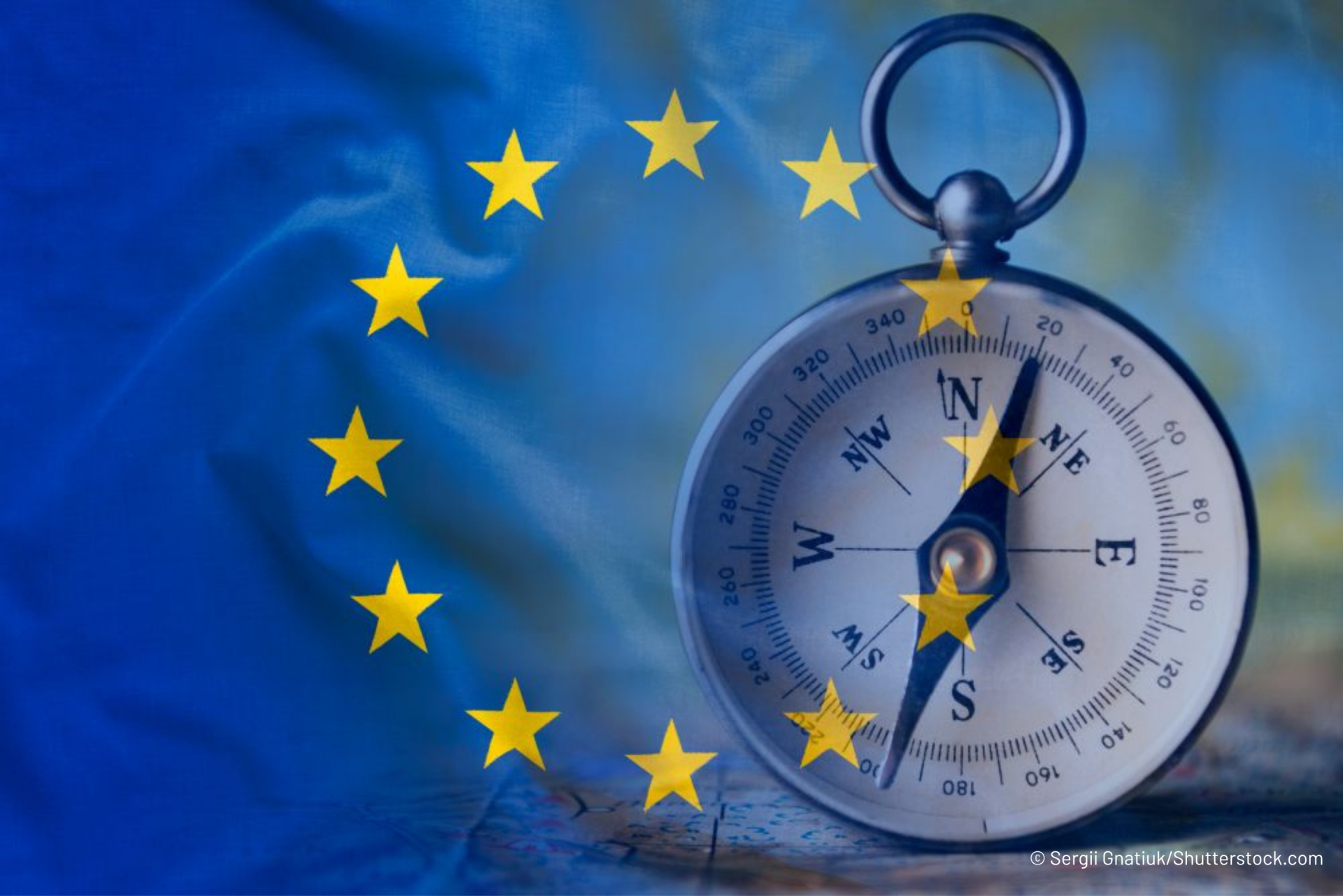
On 21 October, the European Commission unveiled its 2026 Work Programme, titled Europe’s Independence Moment, which sets out the Union’s strategic direction for the year ahead. In parallel, media outlets reported on a draft programme for Cyprus’ forthcoming Council Presidency, which will take over from Denmark on 1 January 2026 and hand over to Ireland on 1 July 2026. Both documents share a strong emphasis on simplifying EU legislation and ensuring that competitiveness, resilience and strategic autonomy remain key priorities for the Union.
Zooming in on the Commission’s 2026 Work Programme, it highlights the need to strengthen control over the technology and energy supply chains that underpin the EU economy and to protect citizens from the impacts of climate change. It also calls for a swift agreement on the 2028–2034 Multiannual Financial Framework, reflecting the Commission’s sense of urgency in securing continuity and predictability for EU investment. Among the key initiatives announced, the Commission is expected to propose a new Industrial Acceleration Act, designed to boost sustainable competitiveness and reinforce the performance and global standing of European industries. This will be complemented by the creation of a Critical Raw Materials (CRMs) Centre in the second quarter of 2026 to monitor, jointly purchase and stockpile CRMs.
On energy, the Work Programme underlines the need to lower prices and make tangible progress towards a genuine Energy Union, stating that improved governance, grid upgrades, the removal of bottlenecks, facilitation of cross-border projects, accelerated electrification and greater system resilience will be key to this goal. In this context, an Energy Security Package will be presented in the first quarter of the year, alongside non-legislative initiatives such as a new Electrification Strategy and a Heating and Cooling Initiative. The Work Programme also seeks to accelerate the creation of European clean-technology lead markets and advance the implementation of the Clean Industrial Deal. Later in the year, the Commission will present an Advanced Materials Act to support Europe’s technological leadership in this field. In the area of research and innovation, the European Innovation Act—expected at the beginning of the year—will promote the “fifth freedom” for knowledge, research and innovation across the European Research Area (ERA).
In a complementary approach, the Cyprus Presidency’s draft programme pledges to foster a balanced and competitive research and innovation landscape by addressing innovation disparities across the EU, strengthening the Single Market, promoting science diplomacy and open innovation, and supporting cutting-edge research. On climate and energy, the Presidency intends to enhance the EU’s grids, interconnections and storage capacity by advancing negotiations on the upcoming EU Grid Package. It will also facilitate discussions on the strategic roadmap for digitalisation and artificial intelligence in the energy sector, as well as on the European Climate Adaptation Plan.